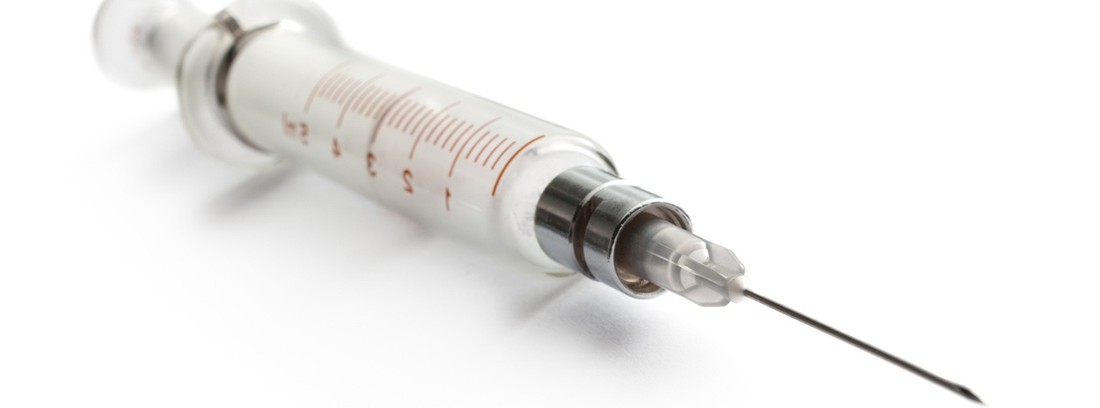Fine Needle Aspiration Biopsy (FNA): Procedure and Uses

Alternative names
Fine needle aspiration puncture.
Definition
Diagnostic and sometimes therapeutic technique that consists of the puncture and subsequent aspiration of a certain tissue through the use of a long and fine needle for subsequent analysis.
How is the study done?
The study is carried out in different units of the medical center or hospital by qualified personnel, generally on an outpatient basis.
The patient must undress the study area and remain lying on a table during the procedure. The doctor proceeds to disinfect the area on which the puncture will be performed. A sedative (in some cases) and a local anesthetic will be administered (very superficial lesions do not require the use of anesthesia) and later a long, fine needle will be inserted into the tissue that you wish to study or treat. The needle will remain attached to a syringe or aspiration system while a small amount of tissue is aspirated for later analysis.
Sometimes it may be necessary to use imaging techniques (such as radiography, ultrasound, tomography or resonance among others) to guide the needle to the exact point that the doctor wants to analyze.
The study usually lasts 20-30 minutes.
Preparation for the study
FNAB does not require prior preparation by the patient, except to avoid the intake of liquids and solids between 6-8 hours prior to the study.
Some drugs will need to be withdrawn before the study.
What does it feel like during and after the study?
FNA is a troublesome test but generally tolerable thanks to the use of local anesthetics.
The patient may feel a stinging and burning pain when injecting the anesthetic. You may feel a dull, sharp, transient pain at the time of tissue aspiration.
After the study, there may be discomfort or pain in the area of the puncture that generally subsides with usual analgesics.
You must rest in the hours or days following the procedure.
Study risks
- Hematoma at the puncture site
- Bleeding from the tissue where the puncture was made
- Superficial infection of the puncture site
- Infection of the tissue where the puncture was made
- Unwanted puncture of a tissue or organ
Study contraindications
The patient should consult with his doctor before carrying out the study in case of:
- allergy to drugs used during the study (sedatives, anesthetics)
- Coagulation disorders
- Taking any type of medication, especially blood thinners or aspirin
The patient should urgently consult with his doctor if hours or days after the study he presents high fever or chills, severe pain in the puncture area, presence of blood in stool or urine or difficulty in breathing.
Reasons why the study is carried out
FNA is a widely known and widely used diagnostic and therapeutic technique in the field of Medicine.
As it is an invasive procedure, it is performed only in selected patients in whom it is necessary to analyze a small tissue sample in a laboratory or under the microscope to reach the diagnosis of the disease or alteration that the patient presents.
It allows to know if a certain alteration of a tissue is inflammatory, infectious, tumor or cancerous, among others.
It can sometimes be of therapeutic use, for example when a cyst or abscess is punctured and aspirated.
(Updated at Apr 14 / 2024)